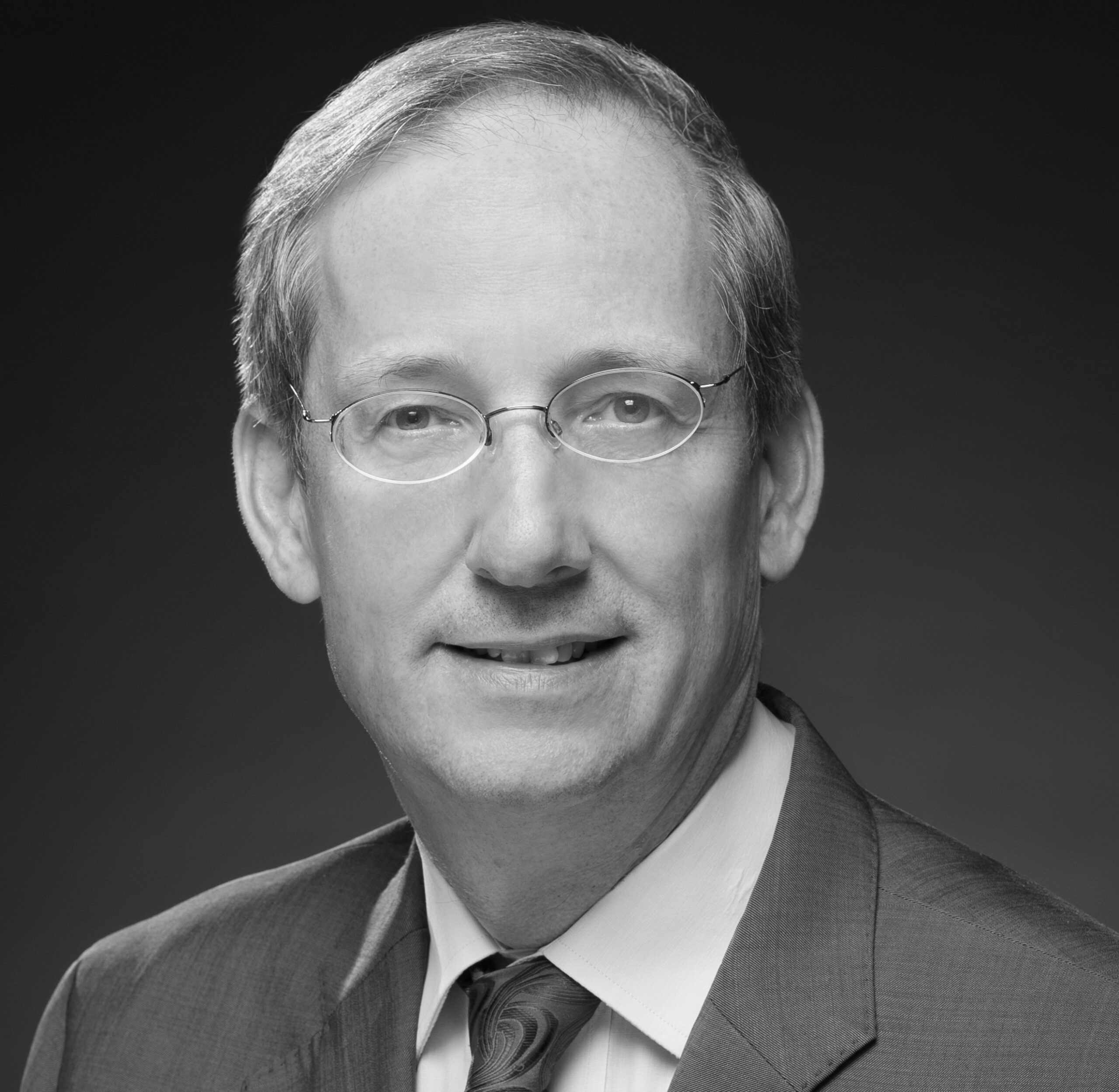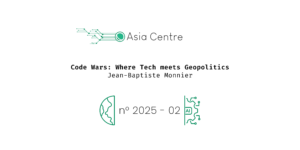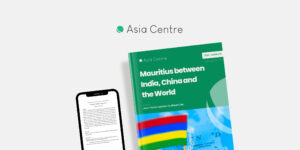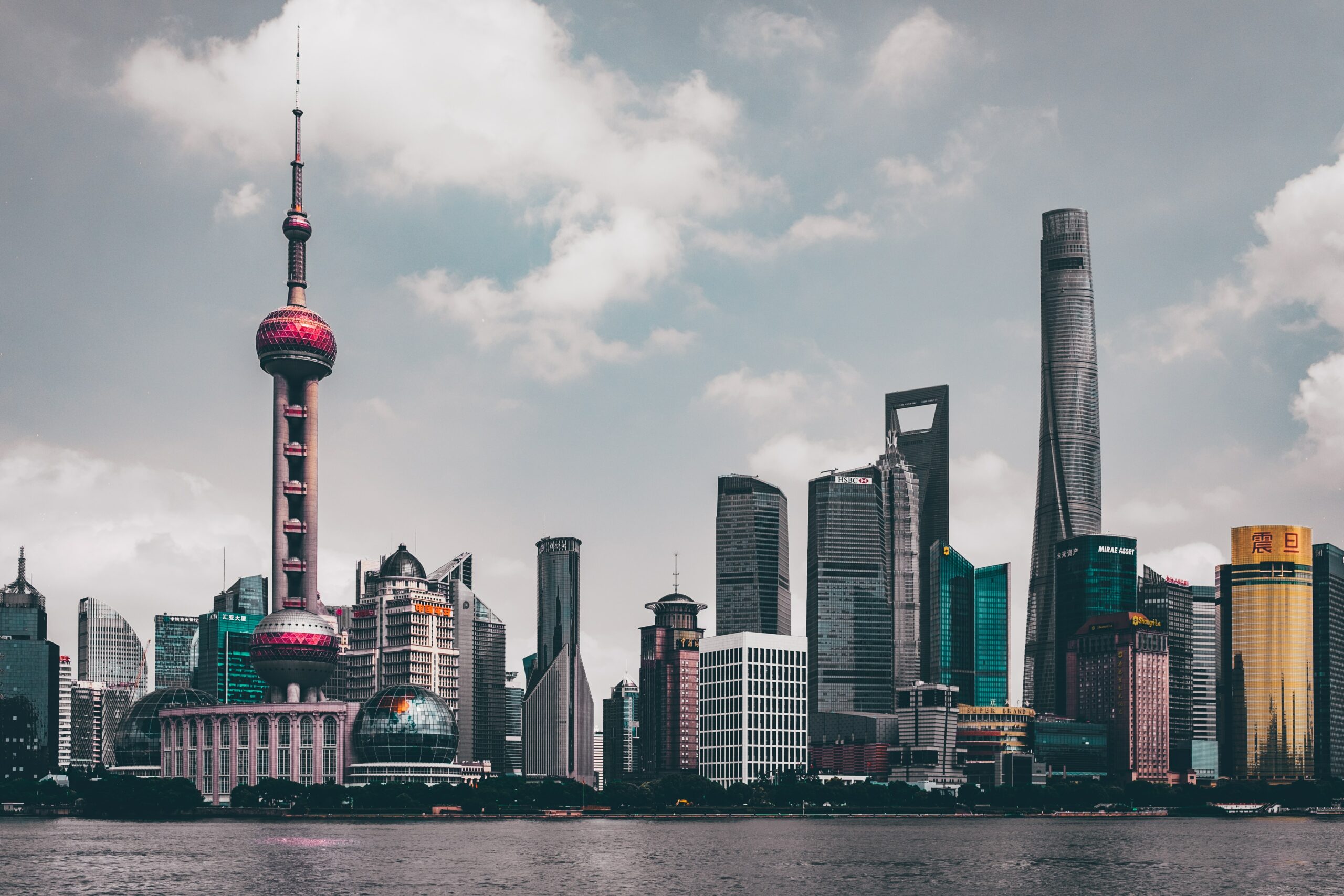Interview by Sylvain CYPEL for Le 1, issue 382, 2 February 2022
What do the Chinese leaders expect from the Beijing Olympic Games?
Events like the Olympic Games are always an opportunity for China to improve its image, to showcase its organisational talent in the eyes of public opinion and to conduct an international communication operation. Nowadays, China is highly criticised, especially in developed countries. The Olympics are an opportunity to promote what the Chinese Communist Party calls “socialist democracy”, or “people’s democracy”, a notion that is supposed to curb these criticisms. It will also be an opportunity for China to show the world the superiority of its political system, which has imposed rigid containment to contain the Covid-19 pandemic and has been more successful than the West.
What is the status of the fight against the pandemic?
Officially, with its 1.4 billion inhabitants, China has had only 4,636 deaths. Even if we can doubt the reality of this figure, we must admit that Beijing, with its methods, has managed to minimise the damage of the pandemic. That said, the thousands of athletes and journalists who will come to the Games will be confronted with regulations and constraints that will surprise them. The public will miss many of the competitions, which will only be broadcast on television; journalists will have difficulty obtaining interviews with athletes, etc.
On the eve of the Olympics, the Chinese leaders launched a “morality” campaign to fight against pornographic sites on the Internet and the westernisation of young people’s lifestyles: their clothes and hairstyles are considered “decadent”. Are they afraid of youth?
Not only hairstyles or short skirts… The authorities are now on a frantic hunt for tattoos! This shows that they feel that youth is escaping them, especially urban youth, but not only. Young people have grown up in a China where consumerism was dominant. Their present world revolves around the Internet, online entertainment and money that has become immaterial. Look at ten young people having dinner together. All spend their time hunched over their mobile phones. Their exchanges are rudimentary. This form of individualistic withdrawal obviously worries the authorities, who find that young people are only interested in games and dating sites. But what scares the regime most is that they have access to information that is not always official.
Yet the regime blocks access to information from abroad…
Of course, access to information remains controlled, but it is estimated that today 10% of young Chinese have a VPN [a secure connection that allows them to hide their identity on the Web]. So they can jump over the barriers of censorship. More generally, the authorities are ambivalent about these young people. On the one hand, it is reassured by the fact that the vast majority of them turn away from politics. But on the other hand, this phenomenon feeds the concerns of the leaders, because these young people follow a lot of the so-called “opinion leaders”, the “influencers”, who promote not only products but also ideas. The tax authorities have begun to crack down on the fact that a whole sector of consumption is escaping them. In addition, “opinion blogs” are on the rise. Most of them are websites of TV, film and sports stars, who mobilise their fan clubs. But others disseminate opinions that are not those of the Party. The CCP looks with suspicion on those who advocate easy money or a different way of life.
What is it about young people that worries the Party most?
It is the rampant individualism, which is very marked among them. Generally speaking, there is little civic spirit in China. You could say that the stock market sets the hierarchy of values. This generates a youth that often seems cynical. And it also generates attitudes that are not to the Party’s liking. For example, the followers of tangping, those who take their foot off the gas and reject hard work. They reject what Jack Ma (the founder of Alibaba, China’s Amazon) called the “9-9-6” rule: working from 9am to 9pm, six days a week. The tangpings have a “hippie” side. Many come from families with some means. But their parents have usually had to work hard to succeed. The semi-wild life that their children lead worries the authorities. For their attitude is a form of counterculture, a protest against a regime where it is impossible to rebel publicly. What exactly do the tangpings represent? It is impossible to know.
What measures is the Communist Party taking to ward off this “decadence” of youth?
It has increased the number of orders. For example, access to video games is forbidden for young people under the age of 18. But this law is easily circumvented: some young people have access to a VPN, or to their parents’ account. The PC also puts a lot of pressure on the “influencers”… and the influenced. If you have a tattoo and you join the army or you are an athlete, you have to get it removed. Stars are reviled when they are found to have evaded taxes. Above all, Xi Jinping is advocating the reduction of inequality; in reality, this campaign is essentially about asking the hyper-rich to be more discreet, to not show off their wealth too much and to hide their extravagance. Honestly, this kind of measure works for party members, but young urbanites don’t really care.
What are their hopes and fears?
Young people are often dominated by the feeling that the “good years” are over. The easy money seems to be over. Times are tougher, the future looks darker. It will be more difficult for them to buy a flat, and therefore to get married. Those who enter the labour market today, even with a university degree, find it harder to succeed financially. Some give up. They are called neijuan, those who give up, who withdraw into themselves.
Is the environment important to these young people?
I would say not. Of course, there are still protests in some of the more affected areas. But there have also been improvements. The environmental issue seems less acute than it was a few years ago. The primary concern of the Chinese today is the economy. Hence Xi’s measures to encourage access to property, for example. The fact remains that more and more young people cannot find work that is commensurate with their qualifications, because the supply of qualified jobs is low. This leads to frustration.
The communist state apparatus seems to be almost flawless. Does this reflect a reality, or are there factions within it?
It can be said that Chinese public opinion supports the government and that the opposition is almost non-existent. This is largely due to the fact that nobody has any hope of changing the regime and the risks are too high. But it should also be noted that the over-40s are generally very happy with the developments in their lives, and that the young are more nationalistic than the older ones. They support the regime in a more determined, aggressive way. Of course, there are dissidents. But they are in the extreme minority. And the opponents of Xi within the party are scattered and very weakened. That said, there are differences. The Chinese separate the north and south of the country according to the course of the Yangtze River. The so-called “southern” communists, a more commercial territory, are considered more politically flexible. Within the CCP, some are alarmed by the absolute power – unprecedented since Mao – that Xi Jinping holds, since the inclusion in the party charter in 2017 of “Xi thought”, or rather “Xi Jinping thought on socialism with Chinese characteristics for the new era”, according to the official formula. The same people are concerned that Xi may now remain president for life. Others worry that he is strengthening the Party’s grip on the private sector. Still others object to the increased control of society imposed on the country. And some fear that Xi’s foreign policy of retaliating against any pressure from the West will increasingly isolate China. But no one is speaking out publicly or questioning the one-party principle.
The protest of the Tiananmen demonstrators seems to have been completely forgotten in China. Outside China, some specialists believe that the aspiration to democracy will be absent from contemporary China for a long time, while others envisage that a socio-economic crisis could see democratic issues re-emerge. What do you think?
I disagree with the second view. No, democracy is not perceived as a key issue by the Chinese. If an economic crisis were to occur, support for the Party would be even stronger, because the Party is the guarantor of security in the eyes of the population. This was clearly seen during the Covid crisis. For the Chinese, security far outweighs individual freedoms. Security, order and stability are the most prized values. It is undeniable that there is a deficit of democratic culture in China, after more than two thousand years of imperial rule and 75 years of communism. There is also no culture of citizenship. This helps to understand the prevailing mindset and explains why many Chinese subscribe to the idea that ‘socialist democracy’, led by a single party, is a democracy that works because it ensures stability and prosperity. In the long run, China’s modernisation, the improvement of education, the development of the middle classes, will all favour the emergence of the democratic idea and of citizenship, but this process will be very slow. Today, even for the Chinese elites, democracy is not an issue.





